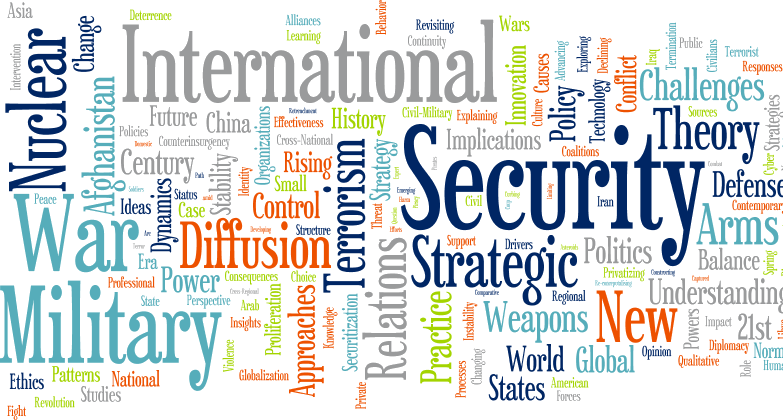Cyber war is defined as a “hostile action in cyberspace whose effects amplify or are equivalent to major physical violence”. And some would argue that if a state is invaded in cyberspace it should be the same as if they were invaded in their own physical territories, since it threatens a state’s sovereignty . To date however, there has been no fatalities as a result of cyber war. But this does not mean that internet governance or cyber security shouldn’t be taken seriously. Since the internet basically has no physical and political boundaries and is international and goes across all borders, it is difficult to govern and to decide who gets jurisdiction to police the internet. So far the US plays a major role in internet governance which is also problematic in terms of special interests, accountability, and representation. Since the internet provides a great degree of anonymity it is difficult to police and states themselves can enact a cyber attack in complete secrecy versus traditional warfare tactics were secrecy is not so much a factor.
The nature of cyber warfare allows for diverse non-state actors with identities that are often difficult to trace which makes internet governance really difficult. The term “Cyber attack” covers a wide variety of actions, ranging from simple probes, to defacing Web sites, denial of service, espionage, and destruction. Deibert argues that cyber attacks have the right quality for an arms race because there is low cost of entry, attribution is difficult, that the internet provides a somewhat level playing field for small and major states and attacks are immediate regardless of physical location.
Some of these factors were in play as to why Stuxnet a cyber attack on Iran’s Nuclear Centrifuges, managed to put back the nuclear program a few years. Israel and the United States are said to be the masterminds of the Stuxnet worm and they obviously had political motives driving their cyber attack on Iran. This apparent sabotage seems to be a new form of warfare that is played in the fifth dimension, although no one was physically injured from this form of attack, it was a big blow to the Iranian Nuclear program.
Also if the US plays a major role in internet governance and internet policing, how does the rest of the world keep the US itself accountable if it was also a major actor in a cyber attack against Iran. The fact that the internet was a US invention already gave the US a huge advantage. Their strong national ties to the internet coupled with US hegemony has sown doubts about the legitimacy and neutrality of the US as the internet police.
International organizations like the UN have been trying to get more control on internet governance but the the West especially the United States is upset and is in strong opposition of a UN body governing the internet. I think that an intergovernmental, neutral third party should play a leading role in internet governance to ensure legitimacy, neutrality, and accountability.
